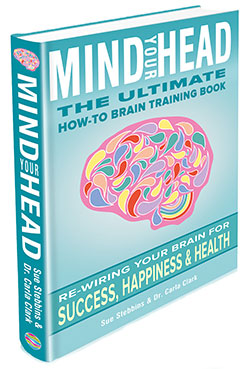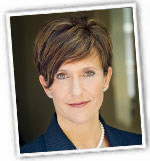The study of imagination as an approach to consciousness.
Nigel Thomas (ms)
Source: http://www.imagery-imagination.com/stud-abs.htm
The concept of consciousness appears to have had little currency before the 17th century. Not only did philosophers before Descartes fail to worry about how consciousness fitted into the natural world, they did not even claim to be conscious. If we are conscious, however, we must assume that they were too, and it hardly seems plausible that they could have been unaware of it. In fact, when the mind was discussed in former ages, both before and within the work of Descartes, the concept ofimagination filled most (not all) of the key conceptual roles that consciousness fills today. Although it was not considered uniquely problematic, in the way that consciousness is, imagination continued to be used in these ways long after the Cartesian revolution. It was both the mental arena where thinking took place - where ideas (images) had their being and their interaction - and, implicitly, the power whereby the deliverances of the material sense organs were integrated and rendered meaningful (and, thereby, rendered 'mental'). This suggests that the study of the imagination (in the relevant senses) ought to have a considerable bearing on the study of consciousness, and it may even provide a way to outflank the notorious 'hard problem' that seems to stand in the way of a direct scientific assault on consciousness itself.
Of course, as "consciousness" has taken over functions once belonging to "imagination", other aspects of the latter's meaning have become more prominent. I am not suggesting, for example, that the study of imaginativeness, of creativity or inventiveness (functions that are often attributed largely to unconscious mentation) is likely to be of any special and direct relevance to consciousness studies. Imagination, like consciousness, is a very complex notion, incorporating many, perhaps only loosely related, phenomena. Thus, like the direct study of consciousness, the study of imagination is unlikely to be successful, and its relevance to consciousness is unlikely to be fully clear, unless a good deal of conceptual analysis is undertaken. Furthermore, given the historicity of its prima facie relevance, this analysis is unlikely to be useful without a strong historical dimension. There is work for philosophers and historians of thought here.
But the study of imagination has its experimental side too. There can be little doubt that a central aspect of the concept, as it has been understood since Aristotle, has been imagination's role in forming and sustaining mental imagery. Over the past 30 years or so, work in cognitive psychology, artificial intelligence, and cognitive neuroscience has greatly advanced our knowledge of imagery. This is potentially very relevant to the problem of consciousness. However, as Baars has recently noted, most of this work has quite avoided facing the issues arising from the fact that imagery is a quintessentially conscious phenomenon. A better appreciation of the close conceptual relations between imagery, imagination and consciousness may be expected not only to illuminate consciousness, bringing the rich findings of imagery researchers to bear on the matter, but significantly to affect the interpretation and direction of the experimental study of imagery.
We Make it Easy to Succeed
Successwaves, Intl.
Brain Based Accelerated Success Audios
 |






